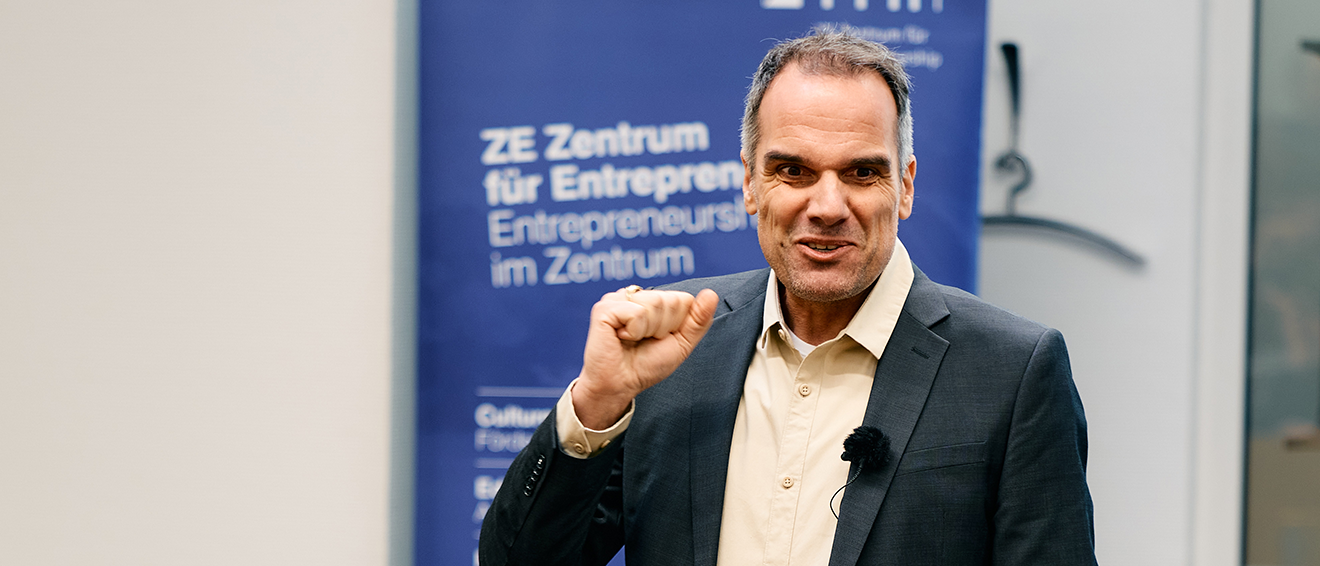I am once again annoyed by all these advertisements and product descriptions that currently advertise with AI. AI here, AI there, now with AI, the best AI-supported blah blah blah. AI is definitely the latest “pig being driven through all the villages”. And I can’t hear it anymore (sorry for the wording).
One thing is absolutely clear: AI is at least as big a technological quantum leap as the invention of the Internet was back then. AI will move into every area of our lives, professionally, privately, socially and change our lives in many different, fascinating ways – just as the Internet did in its day with all its current manifestations. And AI will be just as difficult to “switch off”.
But what is actually our “problem” with AI?
Quite simply: we don’t “get it”! Developers, scientists and users are not in a position to understand how and why AI produces its results. One reason for this is that the determination of results in neural networks no longer follows the principles of algorithms that we have learned in such an engineering manner over the last few decades. The second is that the learning and training processes of these neural networks require such an incredible amount of data and information that the path from input to output simply overwhelms our minds. It is neither mathematically nor organizationally provable why and on the basis of which criteria an AI has arrived at its result.
This means that we have to “believe” this technology almost blindly.
So far, we humans have learned to trust technological progress as far as possible because the art of engineering and algorithms has led to comprehensible, provable results that can be subjected to a TÜV inspection or an auditor’s audit at any time (especially here in Germany). We have learned that engineers and computer scientists deliver fantastic solutions that are maximally logical and calculable due to their reduction to 1 and 0. We have been taught a basic trust in technology. But that no longer works with AI. AI is a “black box” in the truest sense of the word and it would be dangerous not to check our inherited basic trust here.
I can’t escape the fascination of AI either. When I look at the tremendous added value we can achieve through the use of AI in projects, but also in research and teaching, then that is the quantum leap I mentioned at the beginning. It is also clear that there will always be someone who pushes technology even further to the extreme – regardless of any reservations. AI is not only coming, it is already here and we will use it in every area of life and work. But we need to know what we are getting into.
Stephen Hawking said: “AI is probably the best or the worst thing that can happen to mankind”. Let’s hope for the best!




